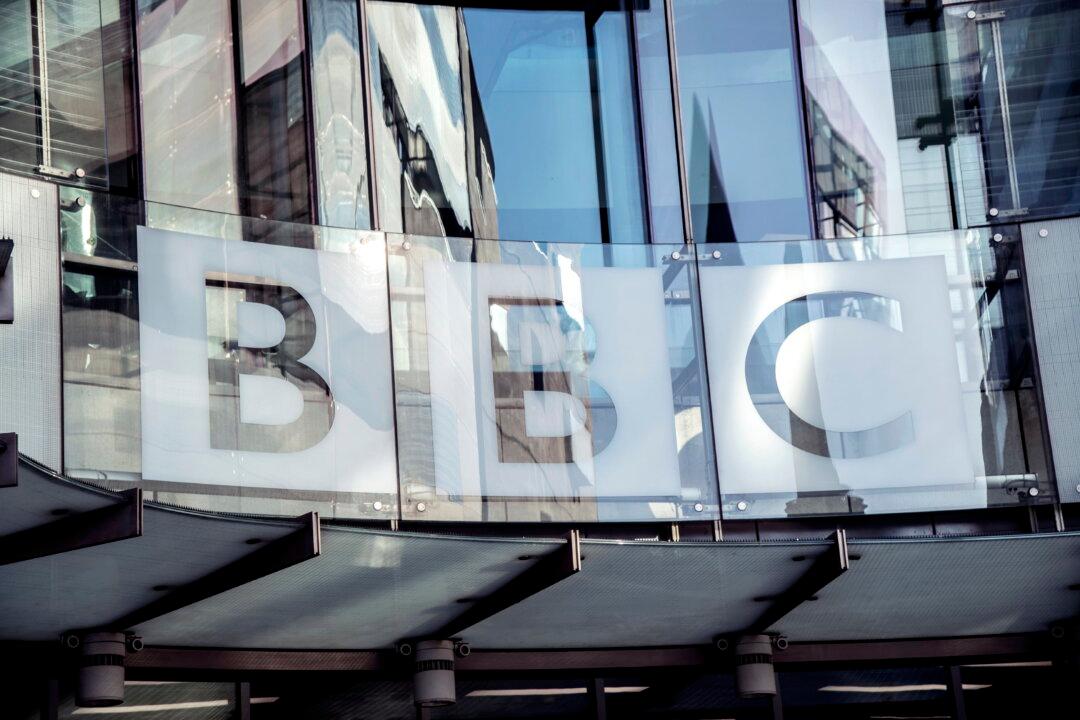The BBC has apologised to sports fans for having to cancel shows after more than a dozen presenters and commentators refused to appear.
The TV personalities are boycotting the shows in support of colleague Gary Lineker, who was told to temporarily step back from hosting flagship football programme “Match of the Day (MOTD)” over a controversial Twitter comment he made about the government’s new immigration policy.





